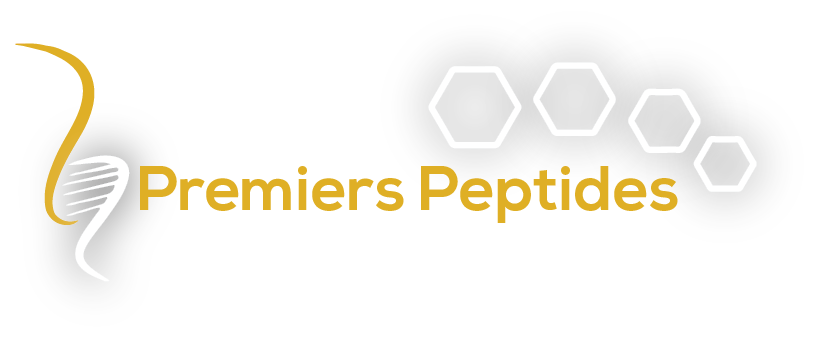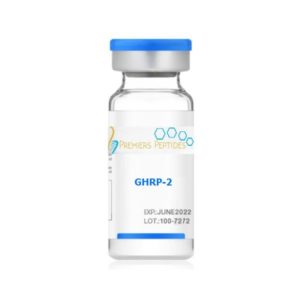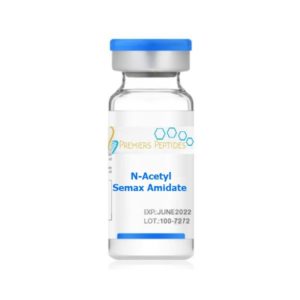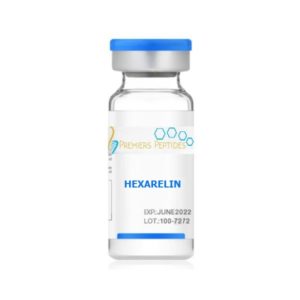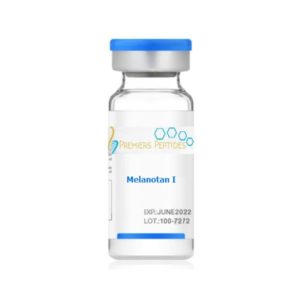Description
Buy Thymalin Online
Is an immunomodulator polypeptide derived from the thymus. Synthetic Thymulin (Thymalin) is a basic polypeptide made up of 38 amino acids residues. Studies have shown that this immunomodulator molecule does occur naturally in the thymus. A summary of studies and findings concerning the functions on the thymus are described below. Buy Thymalin Online
Thymus
It is a specialized bilobed secondary lymphoid organ which is critical to the development of functionally active and self-tolerant T-cells. It is also a component of the adaptive immune system. Studies have shown that the actions of the thymus are mediated by immunomodulators.
Where to buy Thymalin?
In the thymus, the precursor thymocytes do develop into mature T-cells. The process of maturation involves recombination and rearrangements of the gene segments that code for the T-cell receptor. This leads to the development of unique peptide: MHC (Major Histocompatibility Complex) combinations of the receptor and this mediates central tolerance. These T-cell receptors mediate antigen recognition and antigen presentation. The mediation is occurs through interactions between epitopes of an antigen and the corresponding paratopes of the T-cell receptor.
The process of gene rearrangements is prone to errors which could lead to the development of either non-functional T-cells or T-cells which react strongly to self-antigens (autoreactive T-cells). To prevent these errors from occurring, the developing T-cells undergo selection based on their T-cell receptors affinity and specificity. Functional T-cells undergo positive selection and the autoreactive T-cells undergo negative selection. This occurs in the central medulla of each lobe of the thymus. Buy Thymalin Peptide Online
The mature T-cells eventually enter into the general circulation where they constitute the T-cell repertoire which mediates the functions of the adaptive immune system. Normally, the normal T-lymphocyte population is achieved early in life and this leads to involution of the thymus in early adulthood. However, loss (or sometimes complete absence) of the thymus before these population thresholds are reached results in DiGeorge Syndrome which is characterized by severe immunodeficiency.
There is still residual T-cell lymphopoiesis throughout the adult life. Nonetheless, studies have shown that complete involution of the thymus in old age is associated with increased susceptibility to severe infections and cancer development. This has been attributed to immune deficiency which impairs the immune response to infections and impairment of immune surveillance against tumors.
